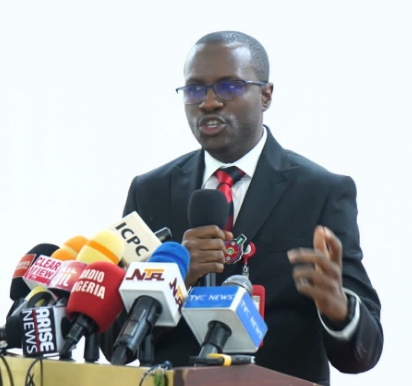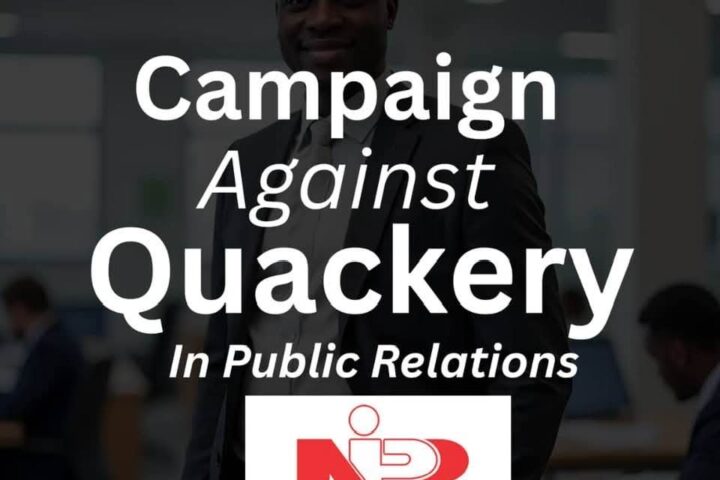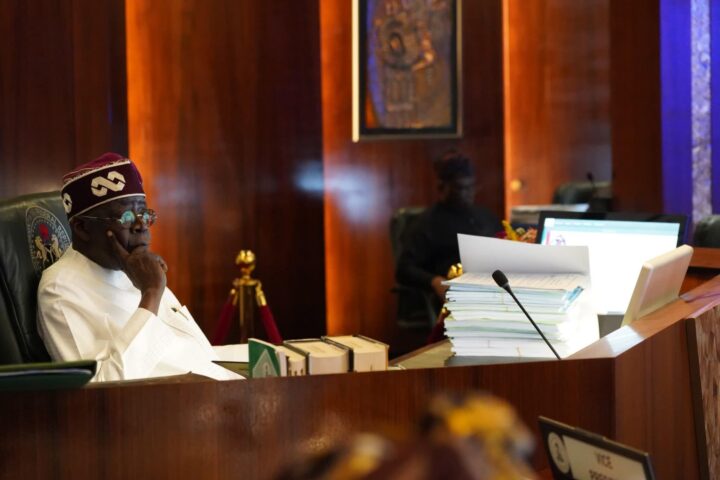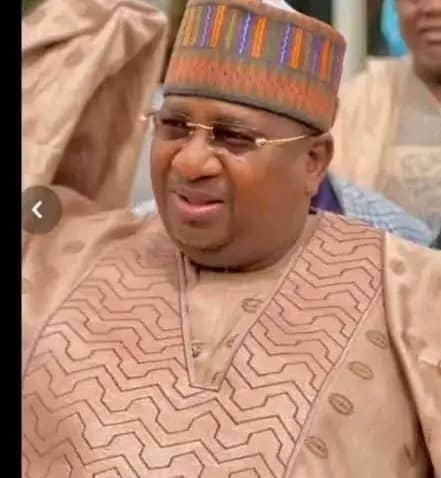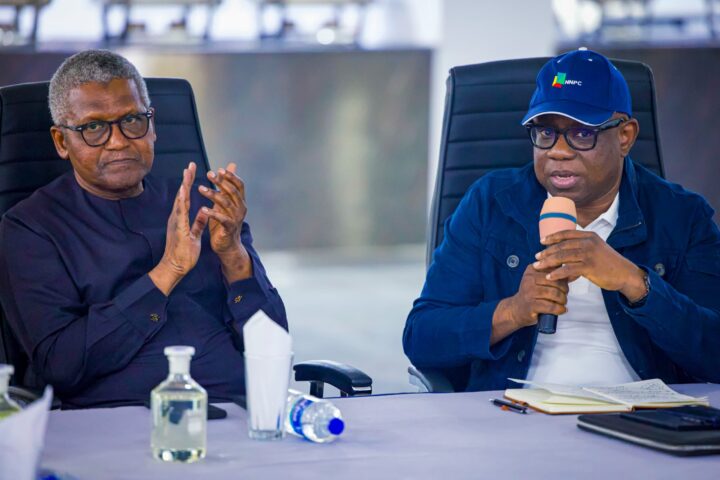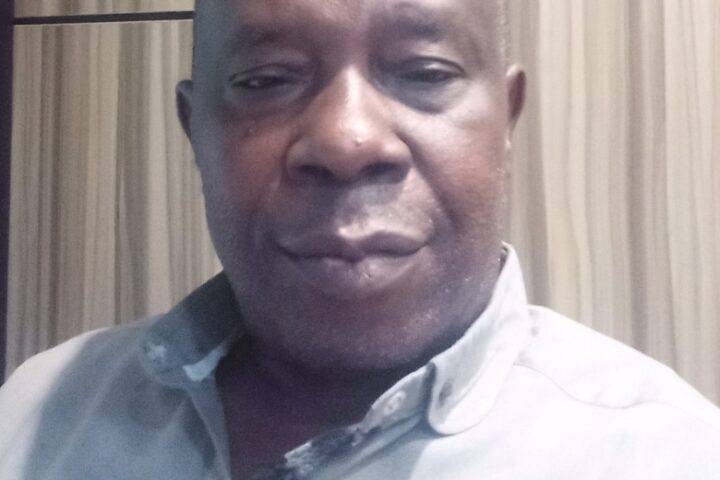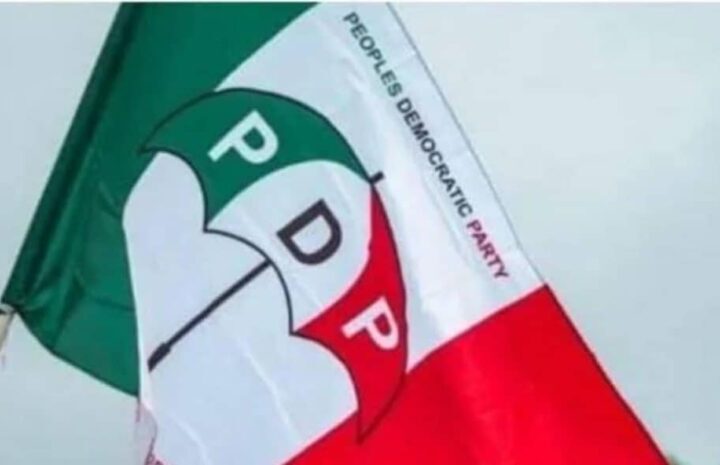The Independent Corrupt Practices and Other Related Offences Commission (ICPC) has accused Federal Government’s revenue-generating agencies of operating with reckless impunity and mismanaging public funds.
Its Chairman Dr. Musa Adamu Aliyu, disclosed this at the 2025 National Conference on Public Accounts and Fiscal Governance organized by the Public Accounts Committees of both chambers of the National Assembly in Abuja on Wednesday.
Represented by the Director of Finance Akporo Michael, Aliyu warned that several agencies behave as though revenues collected belong to them, rather than the Nigerian people.
He said:“The unfortunate reality is that many of these agencies behave as if the money they collect is theirs. It is not. That mindset must change,” Aliyu stated. “We urge the National Assembly to enhance its oversight mechanisms to ensure accountability and full remittance of public revenue.”
Aliyu expressed support for the fiscal reform initiatives of the current administration, particularly the new tax legislation recently signed into law. According to him, these reforms are pivotal to repositioning Nigeria’s fiscal structure and improving revenue generation.
He added:“For the first time in our history, the government is making bold moves to overhaul the tax system,” he said. “The goal is to raise our tax-to-GDP ratio to between 18 and 20 percent over the next few years, up from the current 7.8 percent – one of the lowest in sub-Saharan Africa.”
According to him, countries like Kenya, Egypt, and South Africa boast significantly higher ratios and have translated these gains into infrastructure development and improved public services.
“Our fiscal challenges are partly rooted in low revenue generation,” he lamented. “In my own office, contractors are still awaiting payments for work completed last year. This cannot continue.”
Aliyu also criticized the Nigerian National Petroleum Company (NNPC) for its underwhelming financial performance compared to its international peers. Citing 2024 figures, he noted that while Saudi Arabia’s Aramco posted a net profit of $106.25 billion, NNPC managed only $2.4 billion.
“Even if Aramco’s capacity is ten times greater, our profit is nowhere near proportionate. We should be earning at least $10 billion if we were efficient. Yet we are stuck at just over $2 billion,” he said.
He further decried the disparity in Nigeria’s public sector salary structure, describing it as unjust and demoralizing. He called on lawmakers to engage the National Salaries, Incomes and Wages Commission to harmonize pay across sectors in line with fairness and national priorities.
Speaking on the fight against corruption, Aliyu acknowledged recent improvements in Nigeria’s global standing but warned that the battle is far from over.
“Yes, we’ve made some progress. But ranking 100 out of 140 countries on the 2024 Transparency International Index still places us in a worrying position,” he said. “We must not lose sight of the urgent need to strengthen accountability and transparency in all aspects of governance.”
He blamed Nigeria’s corruption woes on lax sanctions, abuse of office, and weak institutional controls. To address these, he recommended a comprehensive digitization of government operations — from payroll and procurement to revenue collection.
He cited the success of the Integrated Payroll and Personnel Information System (IPPIS), through which the EFCC uncovered ₦21 billion in fraudulent salaries.
“Automating our systems will drastically reduce the space for corruption. In countries like Bulgaria, procurement processes are fully digital and accessible to the public. We can do the same,” he said.
He also advocated the need for the passage of a robust whistleblower protection law to encourage citizens to report corruption without fear.
“It shouldn’t just be policy—it should be enshrined in law, with protection and incentives for whistleblowers,” he added.
He sought the creation of special anti-corruption courts through constitutional amendments to speed up the adjudication of corruption cases, lamenting that some EFCC cases have remained unresolved since 2006.
“Our survival as a nation hinges on defeating corruption,” he concluded. “As they say, it’s either we kill corruption, or corruption kills us. The choice is ours.”
He commended the National Assembly for hosting the conference and called for deeper collaboration with civil society and the media to foster a culture of accountability and expose misconduct.
“This is not a war for the EFCC or ICPC alone. Every Nigerian must be involved,” he said.


